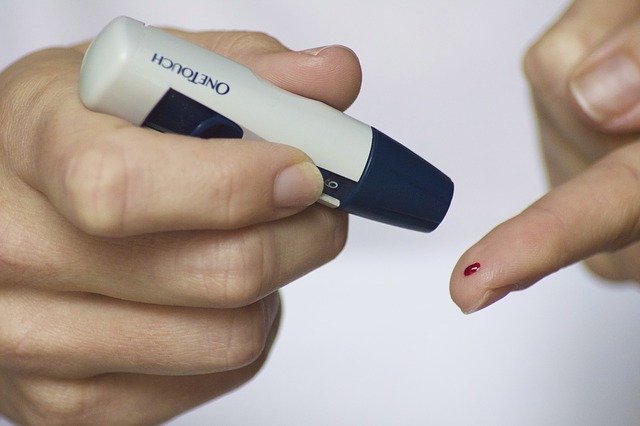
A new study published in JCI Insight has found that in diabetes, the elevation of blood sugar levels could lead to muscle loss.
It shows two proteins, WWP1 and KLF15, play key roles in this condition.
The research was done by a team led by Professor Wataru Ogawa at Kobe University.
Previously, scientists have found that muscle loss is linked to aging. It could reduce people’s physical activity and increase the risks of many chronic diseases.
People with diabetes have a higher risk of muscle loss when they age, but it is unknown how this happens.
It is hypothesized insulin not only lowers blood sugar levels but also promotes the growth and proliferation of cells.
This means insufficient insulin could lead to suppression of muscle cell growth and then muscle loss.
In this study, the researchers found a rise in blood sugar levels could cause a decline in muscle mass.
They found the mice that lack KLF15 in muscle were resistant to diabetes-induced skeletal muscle mass decline.
They suggest that higher amounts of KLF15 could lead to muscle loss in diabetes.
The team also found that a protein called WWP1 plays a key role in regulating the degradation of KLF15 protein.
This is the first study showing increased blood sugar levels could trigger muscle mass decline and showing two proteins WWP1 and KLF15 contribute to muscle loss in diabetes.
The researchers suggest that if scientists could develop drugs to strengthens the function of WWP1 or weakens the function of KLF15, it may help diabetes patients protect their muscles.
The study lead author is Professor Wataru Ogawa.
Copyright © 2019 Knowridge Science Report. All rights reserved.
Further reading: JCI Insight.



